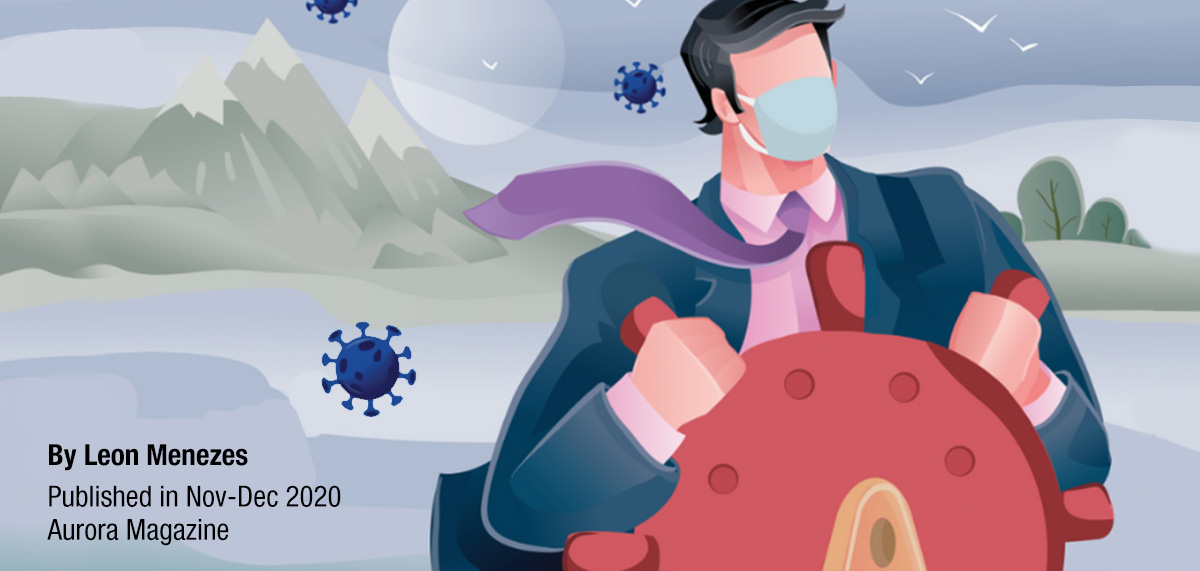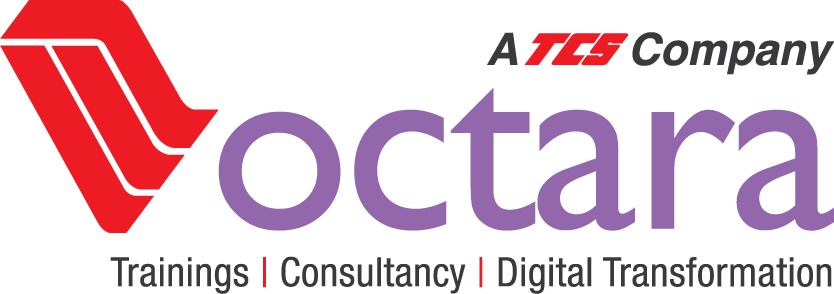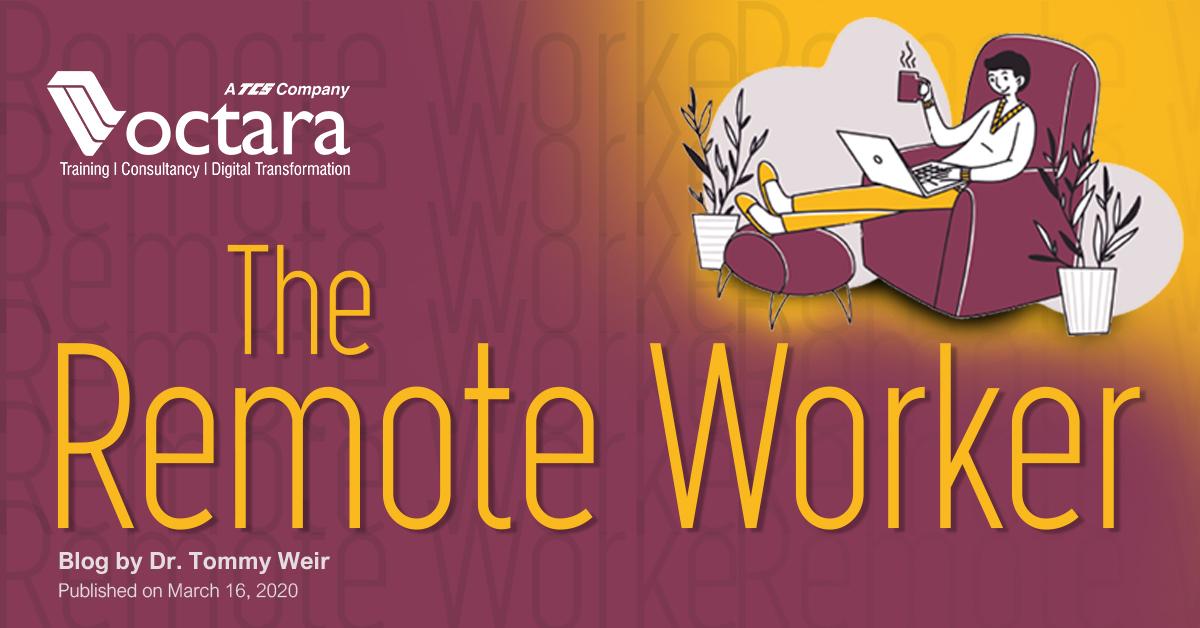
Leadership has been a multibillion dollar business for some time now. With books, seminars, podcasts, and executive courses at top universities around the world, why do we still have a dearth of it? Leadership models and definitions abound as do theories of motivations. Perhaps they are coupled and inseparable? In my view, leadership is “What you do in a given situation to achieve desired outcomes that are acceptable, defensible and sustainable.”
As we have seen time and again, what may have been acceptable today does not hold out too well in the future. Or, as Peter Senge, a senior lecturer at the MIT Sloan School of Management says: “Today’s problems were yesterday’s solutions.”
The ‘attributes’ of leadership qualities for a long while reflected prized male qualities that emerged through centuries of military and clergy models. Since then, a more inclusive environment has come into being with more women in the workforce with the result that we are seeing a different set of ‘desirable’ traits. Perhaps this is why countries with female leadership have done better during the Covid-19 crisis. Leadership is a lot more than having followers and issuing orders. We are aware of ‘building shared vision’, strategy, communications skills and courage. However, all this is intertwined with the nature of the organisation, its industry and the demographics of the workforce within. How can we forget our customers and business partners in all this?
Two things have emerged strongly because of the ongoing pandemic. Work delivery is relying more on communications technology and employees WFH. Leadership will now have to traverse these two dynamics in order to be effective in the future.
Let us start with ‘trust’. In the traditional workplace, employees were overseen by line managers who may (or may not) have had a line-of-sight. ‘Clocking-in’ and ‘clocking-out’ was still a requirement in a majority of organisations (although going home on time was not guaranteed). Progressive organisations changed their approach to focus on employee productivity, as opposed to monitoring their physical presence. Many allowed WFH to select staff, based on the nature of their work.
So what happens to leadership behaviours (and we include supervisors and managers here) who seemingly have to give up some of their control? Perhaps not surprisingly, companies have installed software on employee laptops that can monitor the hours logged in, actual work done, and websites visited. The endless Zoom meetings require attendees to keep their cameras on so that one does not goof off. In fact, even teachers have to resort to ‘control mechanisms’ to ensure attendance and participation. All this may be fine to a degree that we are learning as we go along. Perhaps controls may be relaxed as we shift focus to ‘productivity’ as opposed to ‘activity.’
However, the more challenging aspect will be to engage with employees at a more personal level; making sure that the ‘whole human’ is involved. In an office environment, we often engage in small talk, share news about what may be happening in our lives and celebrate with colleagues on personal milestones. WFH may make this kind of engagement by line managers seem a bit intrusive unless one has established some sort of a relationship.
Induction programmes need to be structured carefully as it would be easy for a newcomer to feel abandoned. A traditional induction would have a lot of friendliness and warmth as the new joiner is introduced to colleagues, seniors and the lunchroom. Similarly, customer and supplier relationships also need nurturing.
Since it seems that the pandemic may last well into the next year, these interim measures may be sufficient. However, there is much talk globally about “never going back to the way work worked.” The implication seems to be that companies and employees are keen to keep this distance going without realising the tremendous impact on company culture and identity. In this situation, we would be reduced to mere functioning components as opposed to participative employees.
From my experience over the past few months with online and hybrid teaching, I see the difference in how relationships are formed with students who are present; how cross-talk and laughter (along with smiling faces) brings vibrancy to classrooms; how just a cheerful “Good morning, Sir,” charges the human in me. A brief chitchat at the end of class is a wonderful tonic to end the day. For those who choose to do their classes online, there is nothing to connect them with me except a Zoom link! Leadership models evolve to address the complexities of the modern world. The speed of change as a result of technology was a challenge anyway and we now have a world in semi-lockdown adding pressure on industries and their leaders. The competencies (skills and behaviours) for the future will have to encompass a wide variety of ‘new ways’.
According to bestselling author and speaker Jacob Morgan’s latest book, The Future Leader, you will need the mindset of a global citizen, servant, chef and explorer; and the skills of a coach, futurist, technology teenager, translator and Yoda. Morgan based his findings after he interviewed more than 140 top CEOs from around the world about the skills and mindsets required for the future.
Uncertainty has been with us since our days as ‘hunters-gatherers’, never knowing if we would eat or be eaten. In a sense, not much has changed, except we now have more sophisticated tools and resources with which to respond. Good luck!
Source : https://aurora.dawn.com/news/1143948



